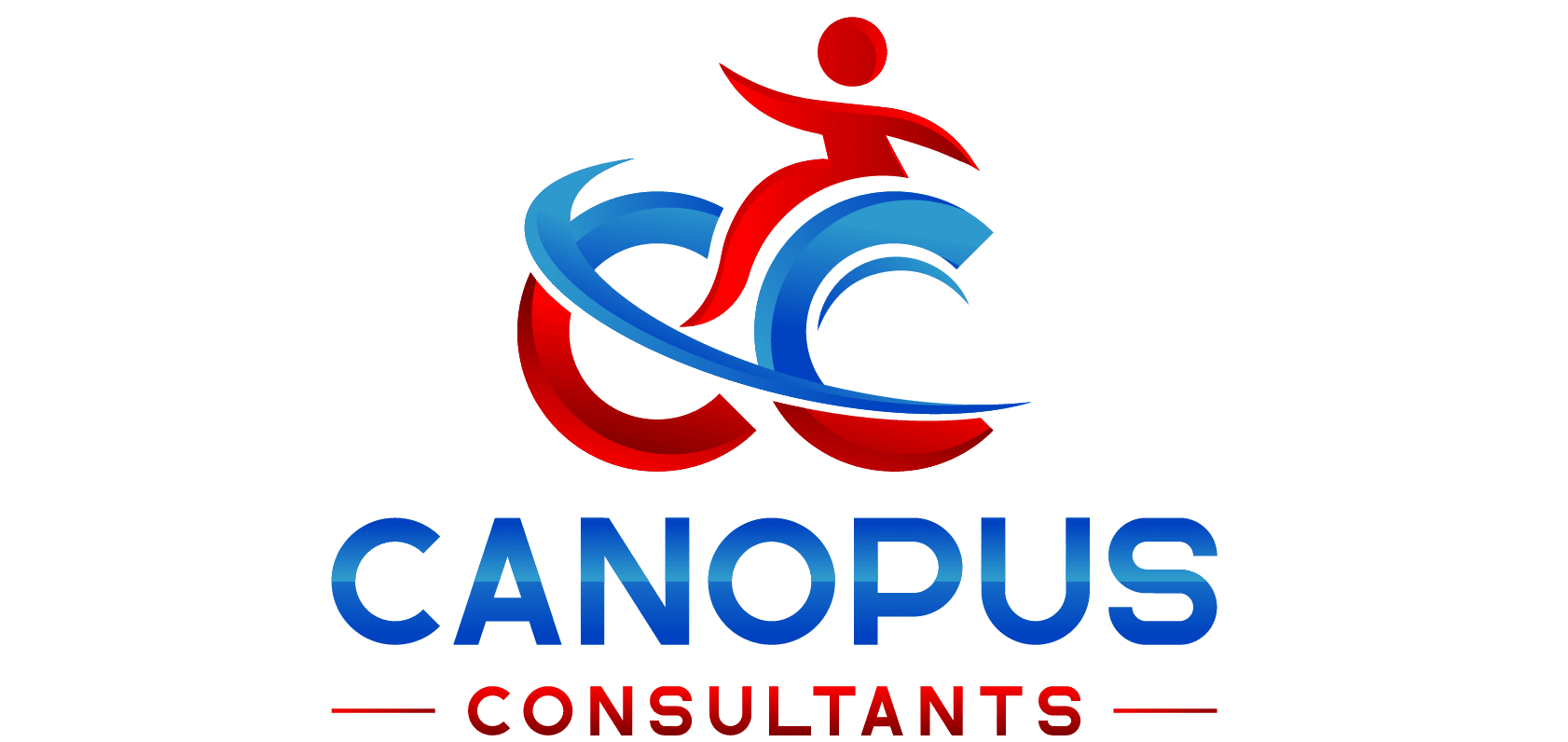
Why Customised NDIS Policies Are Better Than Templates
Understanding the Importance of NDIS Policies
NDIS policies form the backbone of every registered provider’s compliance framework. They are essential for guiding daily operations, supporting staff, and ensuring participants receive safe, high-quality services. While many providers are tempted to use ready-made templates, these often fail to reflect the specific needs of individual organisations. Customised NDIS policies, on the other hand, align directly with your business model, participant demographics, and service scope. They also demonstrate genuine compliance during audits, showing regulators that you take your responsibilities seriously. With tailored documentation, providers in Melbourne and beyond can build stronger, more sustainable practices. Customisation ensures that policies are more than just paperwork—they become practical tools for running a compliant, participant-centred service.
Why Templates Put Your Compliance at Risk
Many providers choose free or low-cost policy templates to save time, but this approach can be risky. Template-based policies are generic and often don’t align with the NDIS Quality and Safeguards Commission’s requirements. During audits, assessors quickly identify when policies have been copied and are not reflective of actual practices. This can result in non-compliance, costly rectifications, or even registration failure. Templates also don’t capture the unique operational details of a business, such as staffing structures, cultural values, or community-specific needs in Werribee or greater Melbourne. Customised policies ensure accuracy, authenticity, and relevance, making them audit-ready at all times. For providers wanting long-term growth, tailored policies are far more reliable than quick template solutions.
The Role of Custom Policies in NDIS Audits
Passing an NDIS audit requires detailed documentation that demonstrates compliance with the NDIS Practice Standards. Template policies rarely provide this level of specificity. Customised policies, however, are built around the organisation’s actual processes, making it easier to show evidence during audits. For example, a custom incident management policy can highlight how staff in your service record, escalate, and resolve incidents. This demonstrates a working system rather than a generic statement. At Canopus Consultants, we help providers prepare by developing policies that are not only compliant but also practical. This approach reduces audit stress, ensures transparency, and builds confidence that your organisation can continue providing high-quality disability supports.
Building Participant-Centred Care through Customisation
NDIS policies should always prioritise the participant. Templates often overlook the nuances of participant choice, control, and inclusion. By customising policies, providers can embed participant-focused practices directly into their operations. For instance, a personalised service delivery policy might outline how participants in Werribee are involved in decision-making, goal-setting, and feedback processes. This not only satisfies compliance but also improves participant satisfaction. Customisation also allows providers to reflect cultural sensitivity and diversity, particularly in Melbourne’s multicultural communities. Policies that demonstrate respect, empowerment, and inclusivity help providers strengthen relationships with participants and their families. Tailored approaches transform policies from being compliance checklists into meaningful tools for participant wellbeing.
Aligning Policies with Your Business Goals
Generic templates can’t reflect your unique business model or goals. Every NDIS provider is different—some focus on complex care, while others specialise in community participation or allied health services. Customised policies ensure your organisational vision and mission are clearly aligned with operational practices. For example, if your goal is to expand into Supported Independent Living (SIL), your policies must specifically address housing safety, staff rostering, and participant rights. By aligning compliance documents with long-term business strategies, you avoid mismatches during audits and create a clear pathway for sustainable growth. Canopus Consultants works with providers to ensure policies reflect both compliance requirements and business ambitions.
Meeting the Needs of High-Risk Supports
High-risk supports such as complex nursing care, behaviour support, and restrictive practices require highly specific policies. Templates usually provide only surface-level coverage, which is inadequate for audit requirements. Customised policies, however, allow you to detail how your staff are trained, how risk is managed, and how compliance is maintained. For instance, a tailored medication management policy can specify exact procedures for handling high-risk medications in line with Australian healthcare standards. By having these detailed policies, providers show auditors they are prepared and responsible. Canopus Consultants specialises in creating these customised documents, ensuring providers offering complex supports in Melbourne meet strict compliance standards and participant safety requirements.
Enhancing Staff Training and Accountability
Policies are not just documents—they are training tools. Staff rely on them to understand their roles, responsibilities, and expectations. Templates are often too vague to provide clear guidance, leading to confusion and inconsistent practices. Customised NDIS policies, however, are designed to reflect your organisation’s specific workflows. For example, a tailored complaints management policy can include step-by-step processes that staff must follow when handling participant concerns. This clarity enhances staff accountability and ensures uniform service delivery. When policies are easy to understand and apply, staff are more confident and effective in their roles. In the long run, customised policies improve organisational culture and the overall participant experience.
Improving Risk Management with Tailored Policies
Risk management is a crucial component of NDIS compliance. Templates generally provide only generic risk management statements that do not apply to your organisation’s context. Customised policies allow you to identify the unique risks associated with your services, whether it’s related to in-home support, transportation, or high-risk medical interventions. By outlining proactive strategies, tailored policies reduce the likelihood of incidents and improve safety outcomes. For instance, a localised emergency management policy in Werribee could detail flood or bushfire response strategies specific to the area. Custom policies show auditors that your organisation actively manages risks rather than relying on generic statements. This builds trust with both regulators and participants.
Reflecting Local Community Needs
Every community has different needs, and this is particularly true in a diverse region like Melbourne. Templates fail to account for cultural, linguistic, and social factors that influence service delivery. Customised policies allow providers to integrate local considerations, such as supporting CALD (Culturally and Linguistically Diverse) participants or Indigenous communities. By acknowledging these factors, providers create more inclusive services that resonate with participants and families. For example, a cultural inclusion policy tailored to Werribee could highlight staff training on cultural sensitivity and the use of interpreters. This demonstrates respect for diversity while also meeting NDIS Practice Standards. Localised, customised policies ensure services are relevant, accessible, and culturally safe.
Strengthening Provider Reputation with Custom Policies
A strong reputation is essential in the NDIS sector. Participants and families want providers they can trust. Generic policies can give the impression that an organisation is not serious about compliance or participant wellbeing. In contrast, customised policies show professionalism, attention to detail, and a commitment to quality. This builds credibility with both regulators and the community. Providers with tailored policies are also more likely to attract referrals, as stakeholders feel confident in their ability to deliver safe, compliant, and participant-centred services. In a competitive market like Melbourne, having unique, well-crafted policies can be the difference between standing out and blending in.
Reducing Long-Term Costs and Risks
At first glance, templates may seem like a cost-saving option, but they often lead to expensive problems in the long run. Non-compliance, failed audits, and participant complaints can cost far more than investing in customised policies from the outset. Tailored policies help you avoid costly remediation processes and protect your registration status. They also reduce the risk of legal issues, safeguarding your organisation’s future. While customised policies require upfront investment, they ultimately save time, money, and stress. Canopus Consultants helps providers strike a balance between affordability and quality, ensuring long-term stability and compliance without unnecessary financial burden.
Supporting Continuous Improvement
The NDIS framework requires providers to demonstrate continuous improvement, which is difficult with static, template-based policies. Customised policies are adaptable and can evolve as your organisation grows. They can be reviewed regularly to reflect new services, participant feedback, and changes in NDIS regulations. For example, a customised quality improvement policy can include a schedule for regular reviews, staff input, and participant surveys. This ensures your organisation remains proactive and forward-thinking. Customised documentation not only helps with compliance but also fosters innovation and better outcomes for participants. At Canopus Consultants, we design policies that support providers in building a culture of continuous improvement.
Ensuring Policies Match Practice
One of the most common reasons providers fail audits is because their policies don’t match what happens in practice. Templates rarely align with real-world operations, making them ineffective during assessments. Customised policies, however, are developed based on actual workflows and procedures. This ensures consistency between documentation and practice. For example, a tailored incident reporting policy would include your specific escalation pathways, staff roles, and reporting tools. When policies reflect reality, staff find them useful and auditors find them credible. This alignment strengthens compliance and demonstrates that your organisation is committed to delivering quality services.
Tailored Policies as a Strategic Advantage
In a competitive market like the NDIS, customised policies provide a strategic edge. They show that your organisation is professional, participant-focused, and ready for long-term success. While templates may get you started, they won’t help you grow. Tailored policies, on the other hand, can highlight your unique strengths, service specialties, and community impact. This differentiation is important for attracting participants, building partnerships, and securing funding opportunities. At Canopus Consultants, we position customised policies as a tool for not only compliance but also business development. By investing in tailored documentation, providers can gain a significant advantage over competitors who rely on generic templates.
How Canopus Consultants Delivers Custom NDIS Policies That Work
At Canopus Consultants, we understand that no two NDIS providers are the same. That’s why we specialise in developing customised policies that reflect your unique services, goals, and compliance requirements. Our team works closely with you to identify your operational needs and create policies that are both practical and audit-ready. From incident management to cultural inclusion, we tailor every document to suit your organisation. We also provide ongoing support, ensuring your policies evolve as your services expand. For providers in Melbourne and Werribee, our local expertise adds further value. With Canopus Consultants, customised NDIS policies are not just compliance documents—they are powerful tools for growth, participant satisfaction, and long-term success.
FAQs
1. Why are customised NDIS policies better than templates?
Customised policies align with your organisation’s real practices, making them more effective and audit-ready.
2. Can I pass an NDIS audit with template policies?
It’s unlikely, as auditors can easily spot generic documents that don’t reflect actual operations.
3. Are customised policies more expensive?
They require investment, but they save money in the long run by preventing compliance failures.
4. How often should NDIS policies be reviewed?
At least annually, or whenever there are changes to services, staff, or NDIS regulations.
5. Do customised policies help with high-risk supports?
Yes, tailored policies can specifically address complex care, restrictive practices, and risk management.
6. Can templates be adapted into customised policies?
Yes, but significant editing is required to ensure they reflect your organisation’s practices.
7. Who benefits from customised NDIS policies?
Participants, staff, auditors, and providers all benefit from clear, accurate, and practical documentation.
8. Do customised policies improve participant satisfaction?
Yes, because they embed participant choice, control, and inclusion into daily operations.
9. Can Canopus Consultants create policies for any type of provider?
Yes, we work with providers of all sizes, from sole traders to large organisations.
10. How do customised policies support business growth?
They align compliance with business goals, build trust, and improve your provider reputation.
Read more blogs:
NDIS Consultant Werribee Melbourne | Building Strong NDIS Provider Relationships



